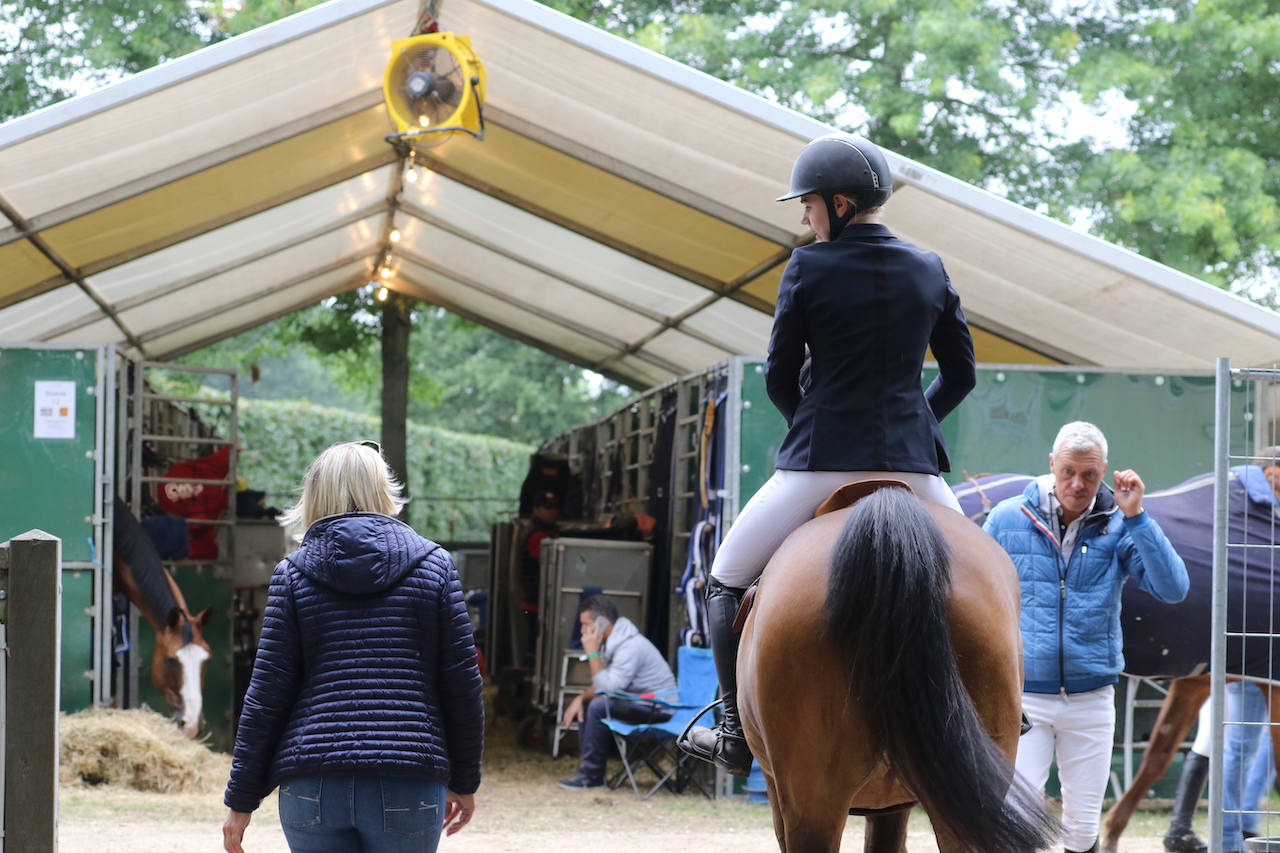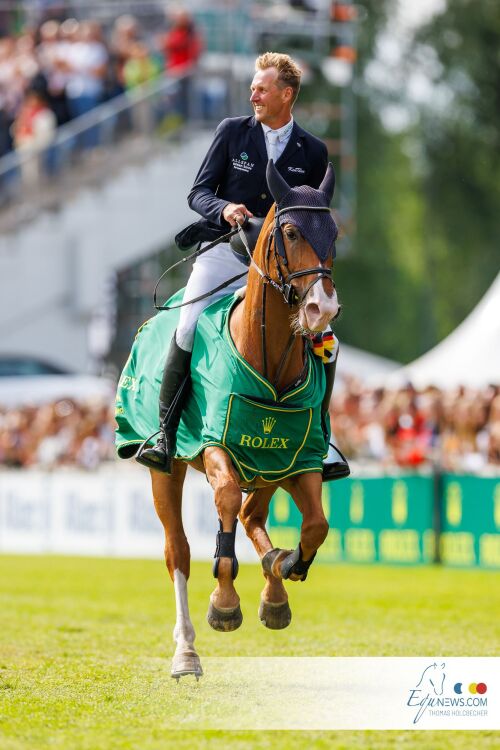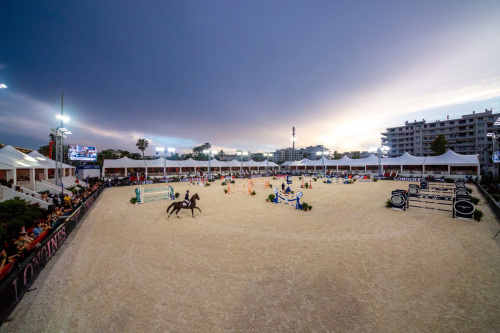The equine sector is becoming increasingly used to terms such as Social License to Operate and Sustainability. These terms are used to indicate that we, the equine sector, will have to adapt to today's standards to continue our activities in the future. We are being asked to change our behaviours because the environment around us has also changed.
External factors such as climate change and environmental impact play a role in this, but there are many more factors at play because the norms and values as we know them have changed. The culture in which we practice our sport and the way we treat our horses will have to be in line with these new norms and values.
This is not an easy task as we, the equine sector, have a long tradition of dealing with horses. We began in an era in which horses served in the army and had a function in agriculture to produce our food, so the horse was truly operating in the service of society. However, nowadays the horse is almost entirely used for sport and leisure. This changes the relationship and feelings people have towards the horse, including those who have limited knowledge of them.
All these people and their opinions combine to generate the social license to operate, and we can only obtain this if we adapt to the norms and values of our time. So far, we have been strong in recognizing the threats, but we now need to turn things like horse welfare, nature protection, and climate change into policy.
Policy creation
Creating policy that spreads across the industry is key, and these new policies must become a new culture for us as a sector. But who should the responsibility for policy creation lie with? I believe it lies firmly with our National Federations.
We have the FEI as an overarching organization for sport, but that only represents one part of the sector. Each National Federation has knowledge of the culture in their country, the norms and values that exist there, and an operating role across the grassroots and elite sports sectors.
All our discussions of social license and sustainability not only refer to elite sport, but all aspects of the equestrian industry must also be considered because the general community does not distinguish between top sport and leisure riders. So, when we talk about changing the culture of the equine sector is not limited to sports federations, but also breeding, riding schools and other organizations that have horses in their program.
In general, we can conclude that national federations, given that they are responsible for the sport in their country, have the most influence and are therefore often the best possible organization to guide culture change. National federations make the national rules, have education and training programs and are in close contact with governments which allows them to both develop, and implement policy that is in line with the norms and values of the public. These policies can include several key issues for society such as safeguarding children in the sport, horse welfare and climate change.
Climate Change
The equine sector is vulnerable to the effects of climate change, such as changes in temperature and rainfall patterns, increasing frequency and intensity of extreme weather events, and emerging diseases.
To prepare the equine sector for climate change the National Federations should develop strategies that explore how to cope with the effects of it, by developing climate resilient management practices such as heat stress management plans and water conservation strategies. These strategies should be supported with education and training programs to help equine stakeholders to develop skills and knowledge they need to adapt to climate change.
They also need to promote sustainable practices like renewable energy, waste reduction and very importantly sustainable transport solutions. Another key role for national federations is to foster collaborations between equine stakeholders and government agencies to develop coordinated responses to climate change challenges. There is a strong likelihood that as governments commit to climate targets, they will impose regulations on industries or companies and so national federations need to be prepared and able to support those in the equine sector should they be affected.
Future first
These requirements, to be a policy maker and executer, bring the role of the national federations from a sports regulator into a true sport management body. Without national federations fulfilling this new role it will be difficult to realize the much-needed culture change and continue to align our sport with society.



